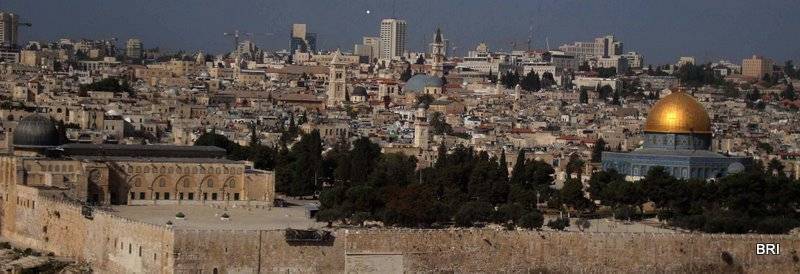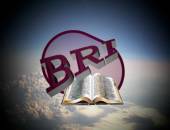READ THE BIBLE ONLINE
Rightly Dividing
the Word of Truth

BEREAN RESEARCH INSTITUTE
DOWNLOAD
FREE SEARCH SOFTWARE
God's Word
the King James Bible
Bible Studies for the Church and for Christian Ministries - BIBLE STUDY ON TOUGH ISSUES
|
|
The Mass - Transubstantiation
Doctrine Article - D.0219
SHARE THIS ARTICLE WITH YOUR FRIENDS and FOLLOW
1. Regarding the issue of transubstantiation, we would ask advocates of Catholicism to respond to two questions:
2. Jesus didn't speak to the multitudes without using parables (Matt 13:34), in order to reveal the truth to those whose hearts sincerely willed to know the truth. His use of parables, metaphors, and similes does not negate the reality of the issue he was discussing. The context clearly determines whether his words are to be taken literally, or figuratively.
3. Although they do so in error, it is admirable that advocates of Catholicism read the scriptures literally in John 6:53-57, but it is inconsistent that they don't do the same in Matt 23:9
4. If Jesus meant that a person must eat his literal flesh and drink his literal blood (transubstantiation in the mass) because he used the words, "This is my body" Matt 26:26 and "Except ye eat the flesh of the Son of man, and drink his blood, ye have no life in you." John 6:53, then why are his words not taken equally literally in the following passages?
5. The book of John begins with the background we need to understand Jesus' words: IN the beginning was the Word, and the Word was with God, and the Word was God. The same was in the beginning with God…..And the Word was made flesh, and dwelt among us,…."
6. Jesus is called the Light of the World and the bread of heaven. If we live by every word that proceedeth out of the mouth of God (Matt 4:4), and if Jesus is that Word made flesh, and if Jesus is the bread of heaven, then it makes sense that we must eat him to live, metaphorically.
7. That is, we must consume his word to live, and continue to do so until we become like him. His words are life unto those that find them, and health to all their flesh. (Prov 4:22)
| |||||||||||||||||||||||||||
|
Legal Disclaimer: Terms and Conditions
Salvation | Bible Versions | Sound Doctrine | Endtime | Other Issues | Book Reviews
Home | What We Believe | Contact Us | Audios | Videos Copyright 2006-2017 All Rights Reserved: Mike Wright - Berean Research Institute web design by Centurion Digital: websites@centuriondigital.com
|
| |||
The "Berean Research Institute" is a scripture-based, family-oriented area of cyber-space wherein men, women and children can research beliefs and doctrines that impact their assembly, ministry and/or personal lives. We encourage all to fear God and to keep his commandments by searching the scriptures daily and by being doers of the word. Many people today claim to be Christians, disciples of Jesus, but fail to continue in his word as commanded in John 8:31, and therefore are deceiving even themselves. (James1:22) The result of such deception will be exclusion from the Kingdom of God (Matt 7:21-23 and Matt 25:8-12). Not everyone ... shall enter the kingdom of heaven; but he that doeth the will of my Father which is in heaven. (Matt 7:21) If you consider yourself to be a Pentecostal, Baptist, Catholic, JW, Adventist - even a life-long one - and are convinced that you are on your way to heaven, we encourage you to consider some of the biblical doctrines that we examine in these articles and videos - and be SURE that you are on your way to heaven. That is our ultimate goal for you - that every one of you obtains eternal life!!
|
|||





